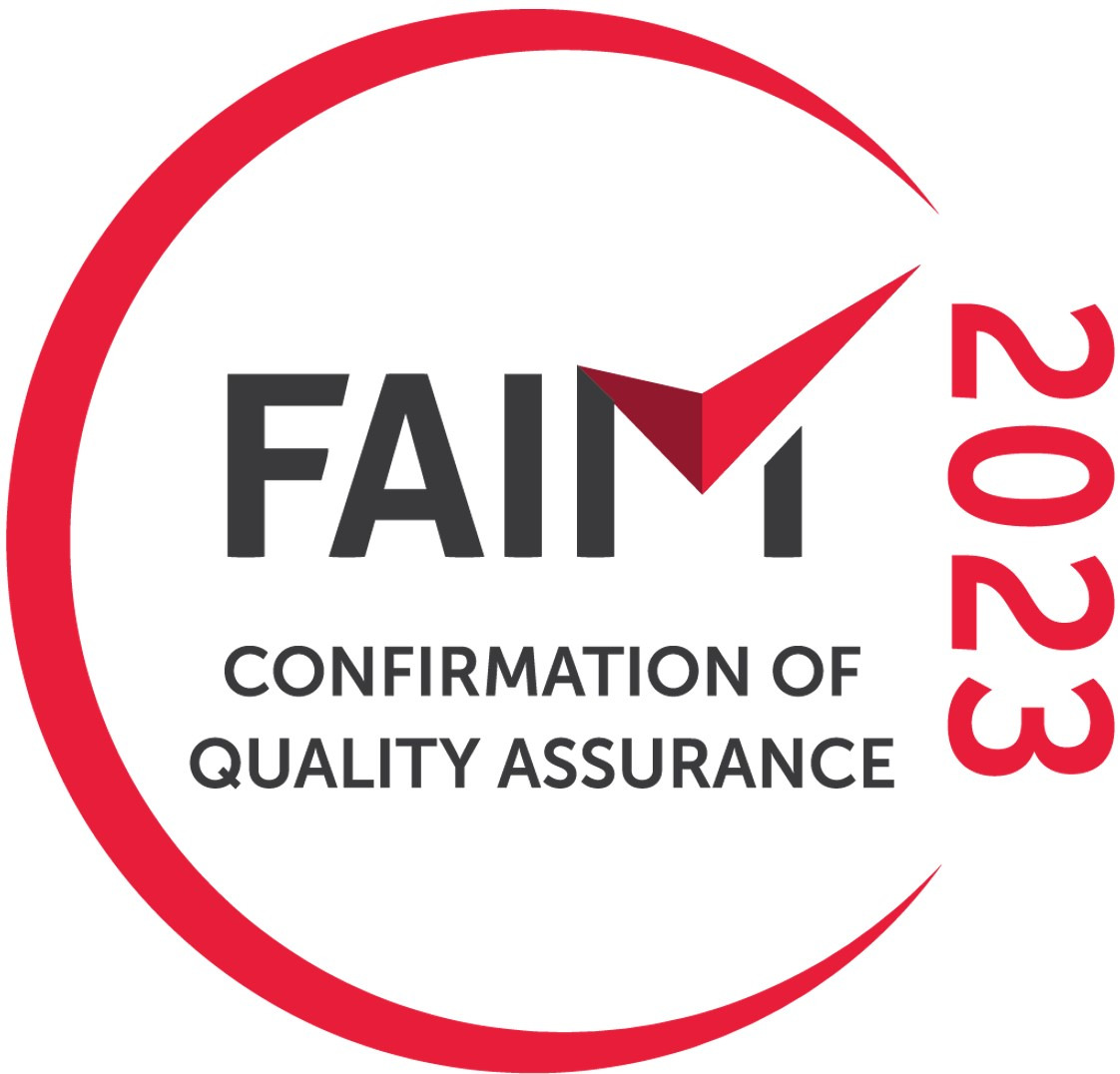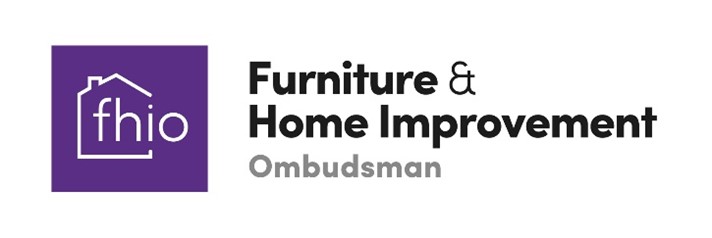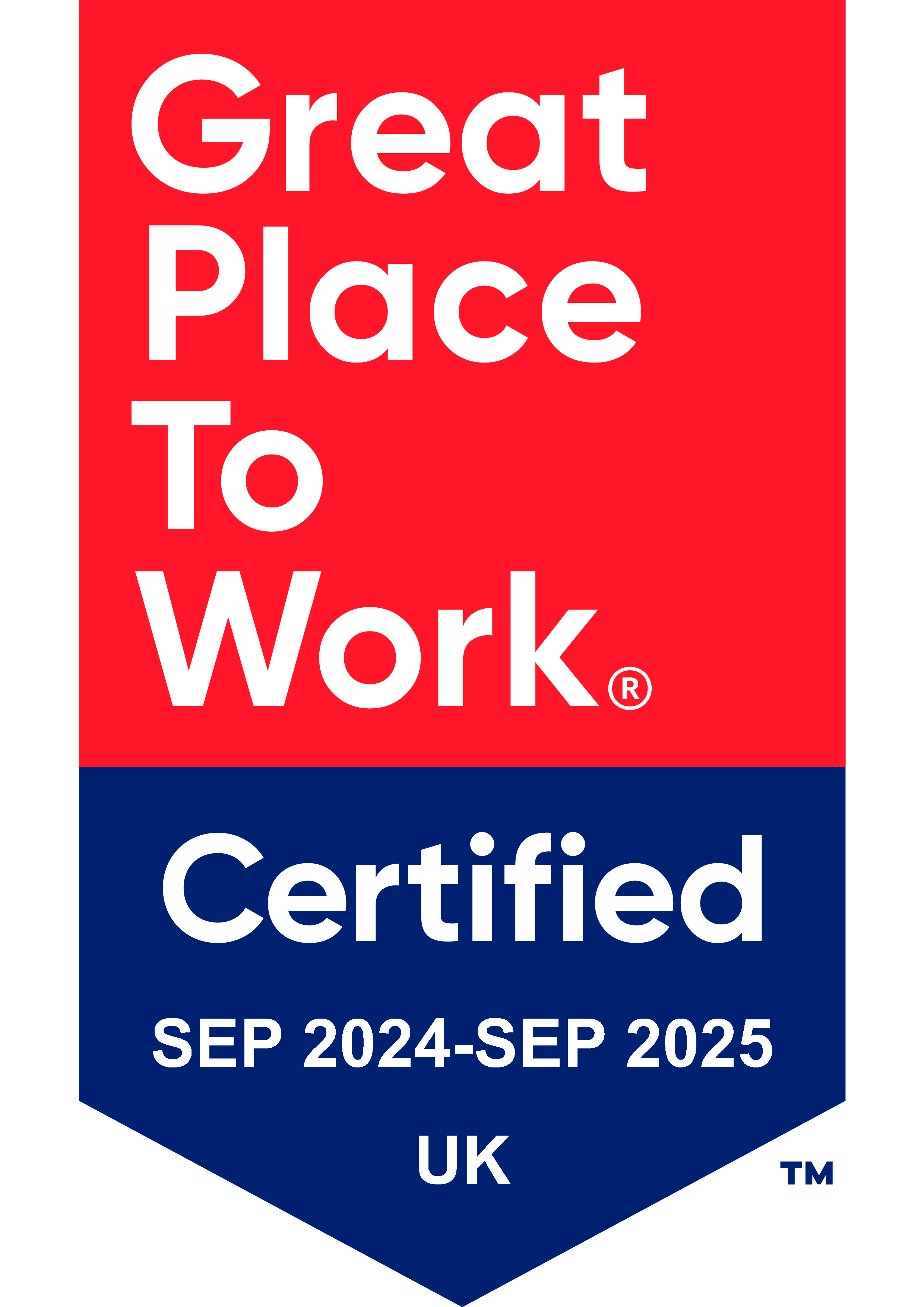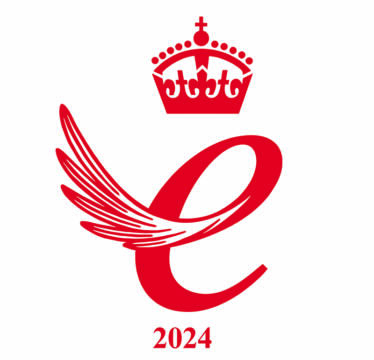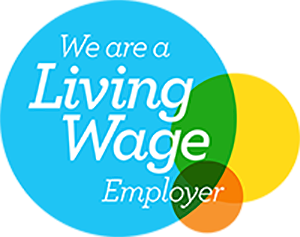The US remains a popular destination for British expats with almost 900,000 calling it home. The land of hope and opportunity, of the free and the brave, the US has something to offer everyone with its distinct melting pot of cultures, climates, landscapes and lifestyles.
I was fortunate to live in Raleigh, North Carolina during my twenties but much has changed since then.
While the US is still an economic and political powerhouse, the country’s finances have taken a beating in recent years and the cost of living has dropped on the whole, while job opportunities are not as bountiful as they once were. Your experience as a new resident of the US will therefore be life changing but not entirely without its challenges.
The Locals
Americans are a positive and outgoing people, sociable in their dealings and welcoming to any new arrival. Within hours of landing in the US, a work colleague collected me from my apartment and hosted me at his house for dinner with his family. It is this feeling of warmth and belonging that will appeal to many expats and has much to do with a widespread sense of doing what is ‘right’. US citizens believe passionately in their country and its values, regardless of any failings of the government of the day, and these values are readily shared with anyone living in the US.
The Language
While English is the most commonly spoken language, it’s estimated that a large number of US inhabitants speak a language other than English at home. With a diverse mix of people of European, African, Asian and Hispanic descent and a long history of immigration, this comes as no surprise. For many expats, this feeling of multiculturalism lends itself to feeling less isolated and not quite so different when settling in the country. It also means that the authorities are well versed in dealing with people from a range of cultures and backgrounds.
The Economy
Although still recognised as the land of opportunity by many, the image of the US has taken a knock since the financial crisis. As a result, expats may not head to the US for specific employment opportunities but rather the relatively low cost of living (lower taxes and cheaper dining for example), strong work beliefs and greater ethnic diversity. The US remains the world’s biggest economy (although this could soon change) and its people continue to benefit from this status to some degree.
The Climate
Better weather, better attractions, better scenery – these will likely be some of the key selling points for British expats moving to the US, with cultural centres including New York, Boston and San Francisco attracting large numbers of Brits heading to stateside. Given the much-improved weather further to the south, Florida has always been a soft spot for immigrants looking to retire in the sunshine and by the water. Whatever your destination, it’s well worth researching the city or area you plan to live in for its weather alone, as there can be a fair amount of variation in a country of this size.
The Healthcare
A major bone of contention for most Americans, healthcare deserves a mention. The US is one of the few developed nations that does not provide universal healthcare to its citizens and residents (compare this to the NHS in the UK) and this situation seems unlikely to significantly change any time soon. It’s therefore vital to purchase a medical insurance policy to protect against unexpected health costs and emergencies – you’ll need to insure for everything, including dental visits, hospitalisation, even seeing a general doctor.
On balance, the US is a great place to move to. With its variety of cities, landscapes, sports, history, culture, art, universities, corporations and improved prospects for the future, it’s a fantastic base for any budding expat.
Russell Ward is a British expat living on Sydney’s Northern Beaches where he writes about his search for a life less ordinary at www.insearchofalifelessordinary.com, one of Australia’s leading expat and travel blogs.
He also writes for businesses and brands at www.theinternationalwriter.com and can be followed on Twitter and Instagram as @russellvjward.





